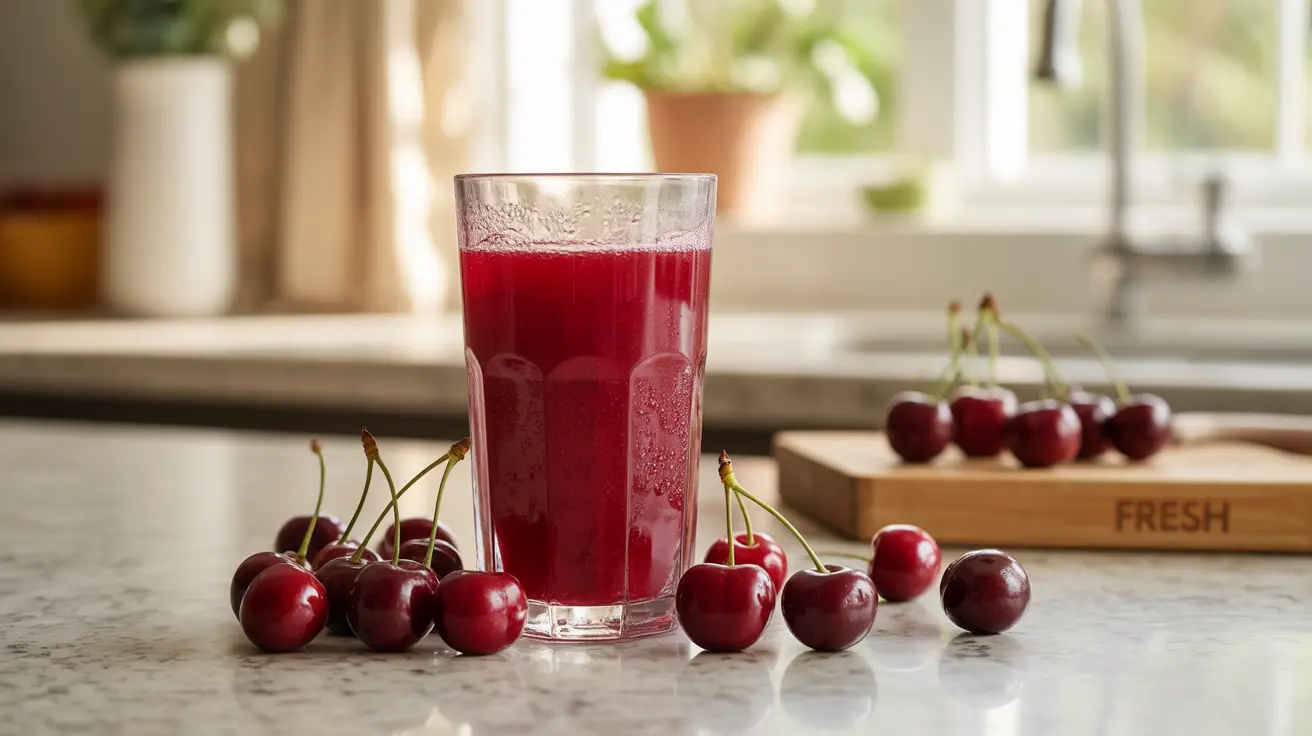If you've ever looked in the mirror and wondered "why is my hair so frizzy," you're not alone. Frizzy hair is a common concern that affects people of all hair types and textures. Understanding the science behind frizz and implementing proper hair care techniques can help you achieve smoother, more manageable locks.
In this comprehensive guide, we'll explore the various causes of frizzy hair, effective prevention methods, and practical solutions to help you maintain healthier, smoother hair.
The Science Behind Frizzy Hair
Frizzy hair occurs when the outer layer of your hair (the cuticle) is raised, allowing moisture to penetrate the hair shaft. This causes individual strands to swell and become unruly, resulting in that characteristic frizzy appearance. Several factors can contribute to this condition.
Humidity and Environmental Factors
High humidity levels are often the primary culprit behind frizzy hair. When there's moisture in the air, it can penetrate the hair shaft, causing it to swell and become frizzy. Additionally, exposure to harsh weather conditions, such as extreme heat or cold, can damage the hair's protective layer.
Hair Structure and Genetics
Some people are more prone to frizzy hair due to their natural hair structure. Curly and wavy hair types tend to be more susceptible to frizz because their cuticle layer is naturally more raised compared to straight hair. Genetic factors can influence your hair's protein structure and its ability to retain moisture.
Common Hair Care Mistakes That Cause Frizz
Many daily habits can unknowingly contribute to frizzy hair. Being aware of these practices can help you make necessary adjustments to your hair care routine:
- Over-washing your hair
- Using hot water to wash hair
- Rough towel-drying
- Excessive heat styling
- Using the wrong hair products
- Brushing dry hair
Effective Solutions for Managing Frizzy Hair
Proper Hair Care Techniques
Implementing the right hair care routine is crucial for managing frizz:
- Use lukewarm water when washing
- Apply conditioner from mid-length to ends
- Pat hair dry gently with a microfiber towel
- Use a wide-toothed comb for detangling
- Apply styling products to damp hair
Nourishing Treatments and Products
Choosing the right products can make a significant difference in managing frizzy hair:
- Leave-in conditioners
- Anti-frizz serums
- Hair oils (such as argan or coconut oil)
- Deep conditioning masks
- Sulfate-free shampoos
Dietary Factors and Hair Health
Your diet plays a crucial role in hair health. Ensuring adequate intake of these nutrients can help improve hair structure and reduce frizz:
- Protein
- Biotin
- Omega-3 fatty acids
- Vitamin E
- Zinc
- Iron
Frequently Asked Questions
Why is my hair so frizzy, and what causes it?
Hair becomes frizzy when the cuticle layer is raised, allowing moisture to enter the hair shaft. This can be caused by humidity, damage from heat styling, chemical treatments, or genetics. Your hair type and texture also play a significant role in its tendency to become frizzy.
How can I prevent my hair from getting frizzy every day?
To prevent daily frizz, use a sulfate-free shampoo, condition regularly, avoid hot water washing, use a microfiber towel, apply anti-frizz products to damp hair, and consider using a silk pillowcase. Protecting your hair from humidity and harsh weather conditions can also help.
What hair care habits make frizzy hair worse?
Several habits can worsen frizzy hair, including excessive heat styling, rough towel-drying, brushing dry hair, using harsh shampoos, over-washing, and not using appropriate conditioning products. Chemical treatments and exposure to chlorinated water can also contribute to frizz.
Are there any home remedies or natural solutions for frizzy hair?
Yes, several natural remedies can help manage frizzy hair. These include coconut oil treatments, avocado masks, aloe vera gel application, apple cider vinegar rinses, and honey-based hair masks. Regular deep conditioning treatments using natural ingredients can help improve hair texture and reduce frizz.
Can my diet or nutritional deficiencies make my hair frizzy?
Yes, nutritional deficiencies can affect hair health and contribute to frizz. Inadequate protein intake, lack of essential fatty acids, and deficiencies in vitamins like biotin, vitamin E, and minerals such as zinc and iron can impact hair structure and moisture retention. A balanced diet rich in these nutrients can help improve hair health.




